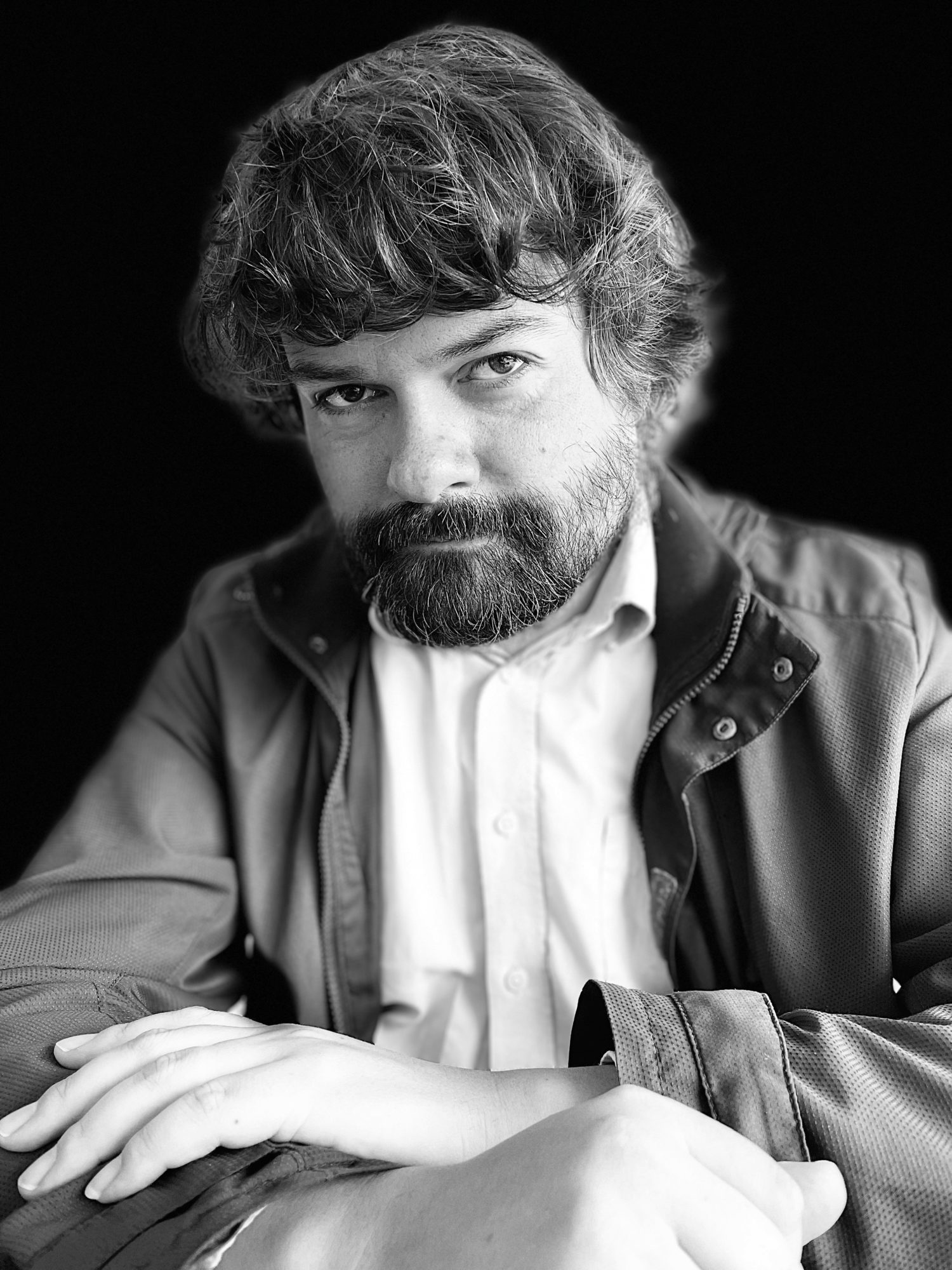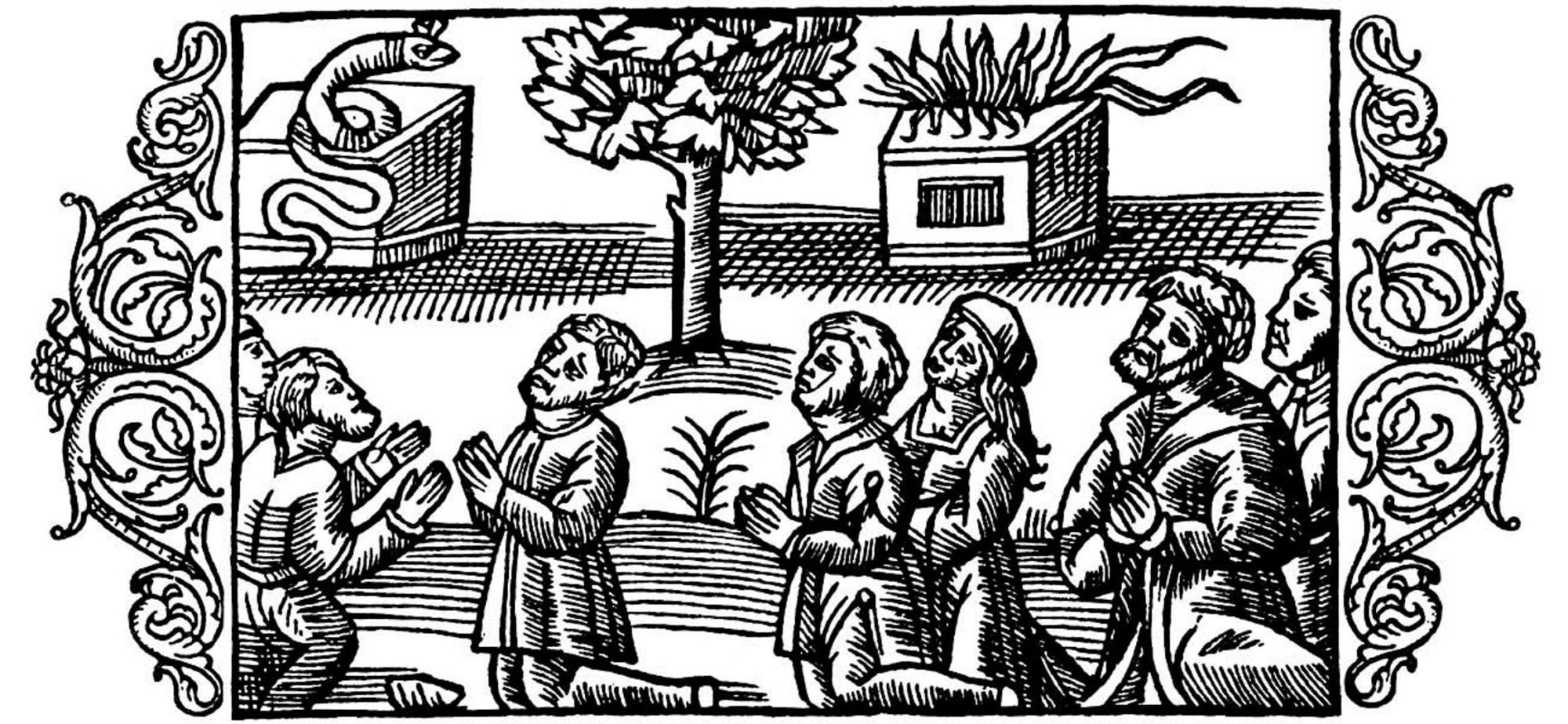
Francis was born in Bury St Edmunds, Suffolk and studied Philosophy at Gonville and Caius College, Cambridge and Classics at University of Wales, Lampeter before receiving his doctorate in History from Cambridge University. He is a Fellow of the Royal Historical Society and was Volumes Editor for the Catholic Record Society between 2015 and 2017. He spent several years as Head of Sixth Form at an English cathedral school, teaches for Oxford University’s Department for Continuing Education, and regularly appears on BBC radio and other media. Two of his books have previously been shortlisted for the Katharine Briggs Folklore Award.
The texts included in this volume were written between around 1450 and 1590 by eleven different authors in Latin, the universal language of scholarly communication in western Christendom. Together, the texts provide some of the most detailed records of any European pre-Christian religion. However, the texts must be read in context and cannot be used to reconstruct Baltic religious beliefs and practices without careful analysis. The authors were writing within established interpretative and literary traditions, some stretching back to the ancient world, and therefore disentangling literary features of accounts of paganism from factual detail can be a very challenging task.

Woodcut showing Lithuanian pagans worshipping trees, snakes and fire, from Olaus Magnus, On the Northern Peoples (The History Collection / Alamy Stock Photo).
This book provides the first English translations of the key early modern Latin texts on Baltic paganism, including extracts from works by Enea Silvio Piccolomini, Jan Długosz, Filippo Buonaccorsi, Maciej z Miechowa, Johannes Stüler, Martynas Mažvydas, Michalo Lituanus, and Alessandro Guagnini, as well as the complete text of Jan and Hieronim Malecki’s ‘Little book on the sacrifices and idolatry of the Old Prussians’ and Jan Łasicki’s ‘On the gods of the Samogitians’. It is the first book to consider early modern ethnographic works on East-Central Europe in the context of recent scholarship on early modern ethnography as a whole. While the author is an established scholar of the history of religion and belief in medieval and early modern Europe, this will be his first published contribution to the field of Baltic studies.
What is AABS book Publication Subvention?
AABS awards two Book Publication Subventions each year. Applications may be submitted for review anytime, on a rolling basis.
Other Grants and Fellowships News
Sophie Peng Awarded 2024-2025 Baumanis Grant
The Association for the Advancement of Baltic Studies is pleased to announce that Sophie Peng has been awarded the 2024-2025 Baumanis Grant for Creative Projects in Baltic Studies for her project “Lace Narratives: Hand-work (EE: Käsi-Töö)." The Baumanis Grant is an...
Jelena Šalaj Awarded 2024-2025 Baumanis Grant
The Association for the Advancement of Baltic Studies is pleased to announce that Jelena Šalaj has been awarded the 2024-2025 Baumanis Grant for Creative Projects in Baltic Studies for her book project "North of Photography." The Baumanis Grant is an award made to...
Ornela Ramašauskaitė Awarded 2024-2025 Baumanis Grant
The Association for the Advancement of Baltic Studies is pleased to announce that Ornela Ramašauskaitė has been awarded the 2024-2025 Baumanis Grant for Creative Projects in Baltic Studies for her project "Art Across Borders: The Baltic Visual Legacy Project." The...




